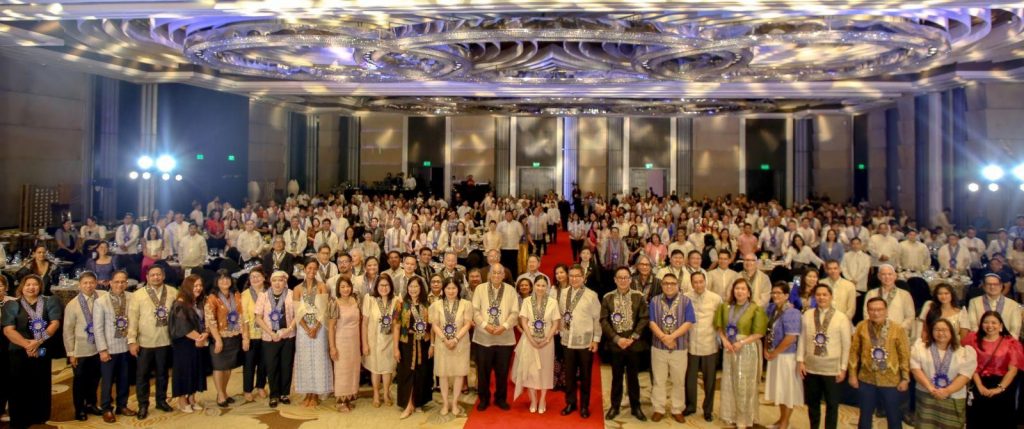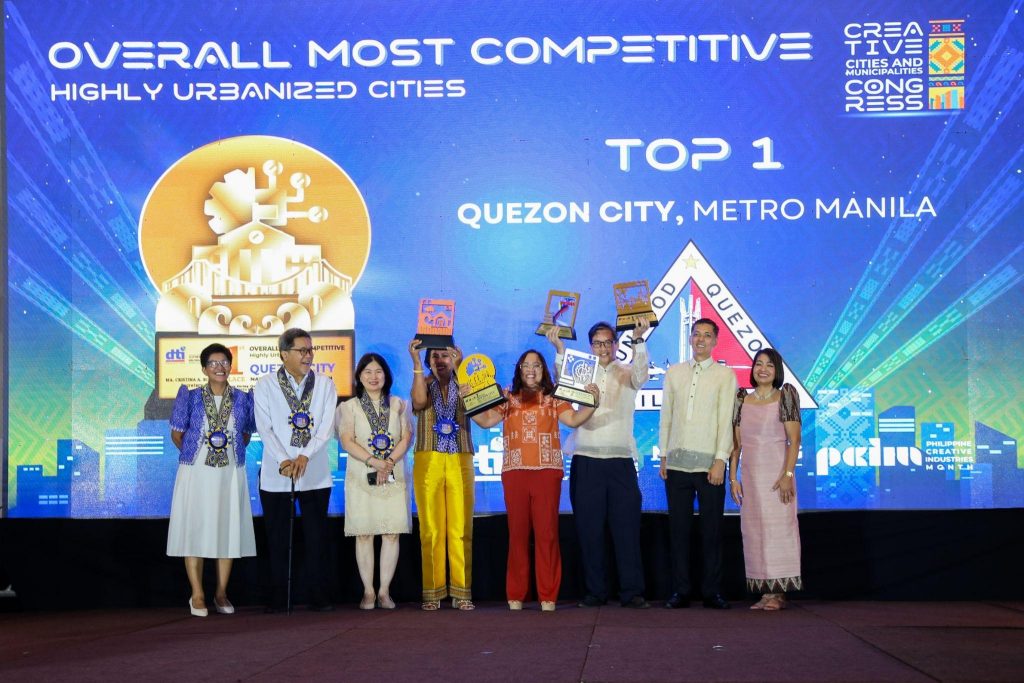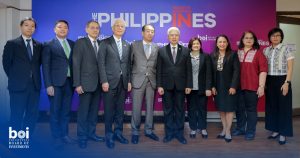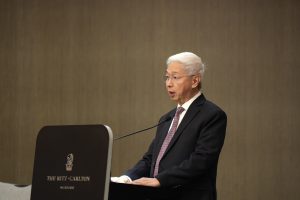
Manila, Philippines—On August 23, the Department of Trade and Industry (DTI) celebrated Filipino creativity and innovation during the Creative Cities and Municipalities Congress (CCMC) 2024. The event focused on the roles of creativity and innovation in driving local economic development, building resilient, vibrant communities, and ultimately, elevating the country’s global competitiveness.
The CCMC is a one-day event that empowered local government leaders to assess and enhance their communities’ creative potential through plenary presentations, panel discussions, and creative workshops. The event gathered over 500 national and local officials, urban planners, and creative professionals.
“In today’s dynamic world, our cities and municipalities face complex challenges that demand fresh thinking and bold solutions. Creativity is no longer just a cultural asset; it has become an essential driver of economic growth, job creation, tourism, and investment generation,” DTI Undersecretary Rafaelita M. Aldaba, who oversees the Secretariat for the Philippine Creative Industries Development Council (PCIDC), said in her in her keynote address.
“By nurturing the creative potential of our people, spaces, and policies, we can shape cities and municipalities that are not only prosperous but also vibrant, inclusive, and adaptive to the challenges of the future,” Usec. Aldaba added.
Meanwhile, National Economic and Development Authority (NEDA) Undersecretary Rosemarie G. Edillon expressed that the NEDA supports the official recognition of the Cities and Municipalities Competitiveness Index (CMCI) as official data on competitiveness.
“The NEDA is dedicated to supporting the DTI in ensuring that CMCI remains a powerful instrument for national progress. Through this collaboration, we aim to drive economic growth, improve government services, and enhance infrastructure across the country, thus building a more resilient and competitive Philippines,” Usec. Edillon said.
Since its establishment in 2013, CMCI has set the benchmark for local governance, helping LGUs identify areas for improvement and attract investments.
Another highlight was the announcement of a collaboration between the DTI and the World Intellectual Property Organization (WIPO) to conduct a comprehensive assessment of the nation’s regional and local creative economy ecosystem.
“Integrating creativity in the CMCI, the Philippines is set to become the first country in the world to pilot the Creative Economy Data Model (CEDM), through a collaborative effort between the DTI and the WIPO,” Usec. Aldaba noted.
To foster deeper discussions on integrating creativity into local governance and economic strategies, the congress brought together a distinguished panel of experts and thought leaders.
Notable attendees included Principal Author of the Philippine Creative Industries Development Act (PCIDA) and Congressman Christopher de Venecia, renowned landscape architect and urban designer L. Ar. Paulo G. Alcazaren, UNESCO National Commission of the Philippines (UNACOM) Secretary General Dr. Ivan Anthony S. Henares, Liveable Cities Philippines Chairman Guillermo Luz, LokalLab – Siargao Executive Directors and Founders Mark Pintucan and Ms. Kara Rosas, CONCEP Inc. Chairman Nathaniel “Dinky” Von Einsiedel, First United Building in Binondo, Manila President Roberto Sylianteng.
The congress also featured an engaging PechaKucha session that offered a platform for the country’s three United Nations Educational, Scientific and Cultural Organization (UNESCO) Creative Cities to share their unique experiences, challenges, and future plans.
Ms. Marie Venus Tan, representing Baguio City Mayor Benjamin Magalong, showcase Baguio’s status as the Creative City of Crafts and Folk Arts. Moreover, Mr. Caesar Atienza, on behalf of Cebu City Mayor Raymond Alvin Garcia, presented Cebu’s vibrant journey as a Creative City of Design.
Meanwhile, Director Lea Lara, speaking for Iloilo City Mayor Jerry Treñas, highlighted Iloilo’s delectable offerings as a Creative City of Gastronomy.
As part of the event, an awarding ceremony for the CMCI recognized outstanding cities and municipalities for their exceptional ability to foster innovation and competitiveness. Quezon City emerged as the Overall Most Competitive City this year. It also achieved top rankings in several individual categories: first in the Most Competitive: Infrastructure, second in Most Competitive: Innovation, and third in Most Competitive: Resiliency.
In addition, the awarding recognized top-performing provinces in the country, honoring Rizal, Laguna, and Davao del Norte as the Most Competitive Provinces.

CCMC is a key event in the month-long celebration of PCIM this September, emphasizing the vital role of creativity in shaping the nation’s identity and bolstering its economic resilience. ♦
Date of release: 30 August 2024











